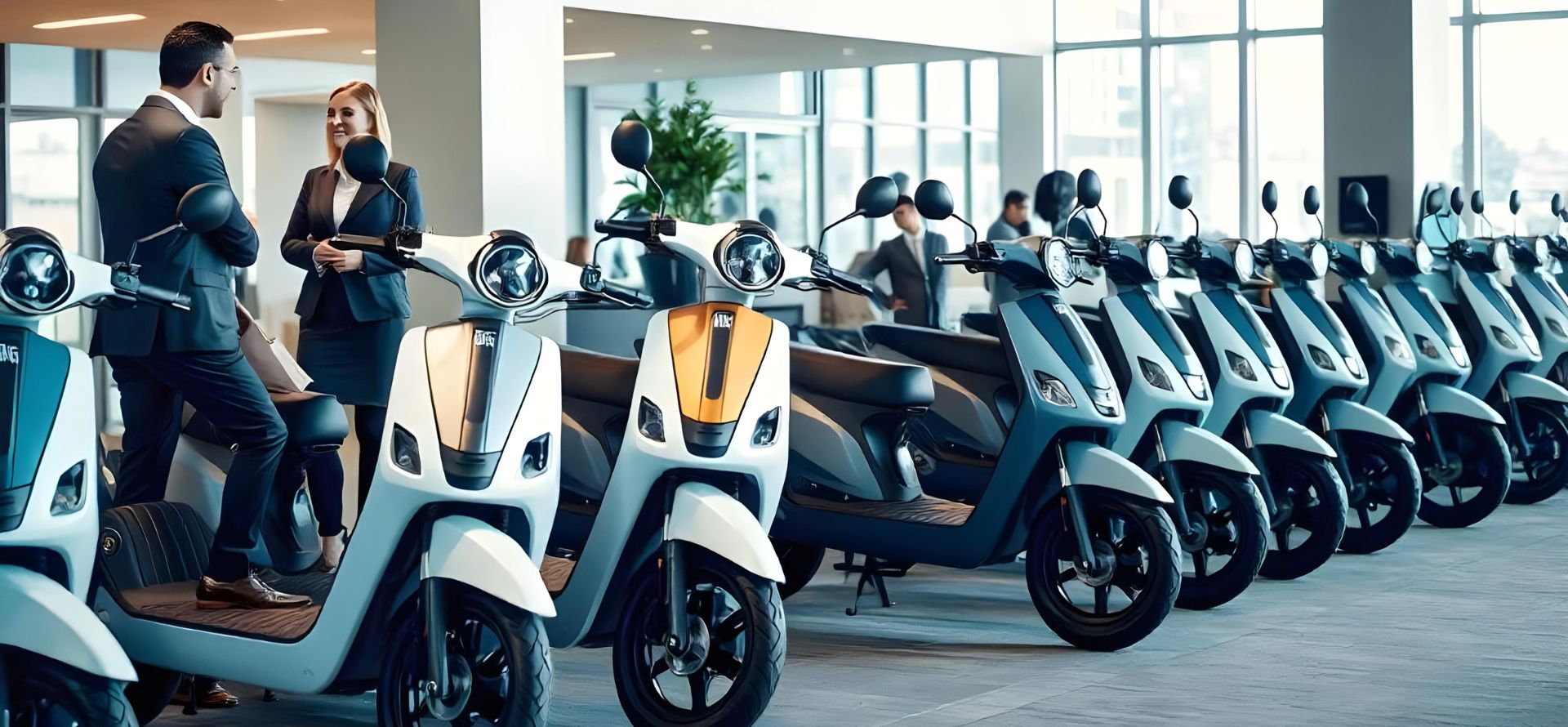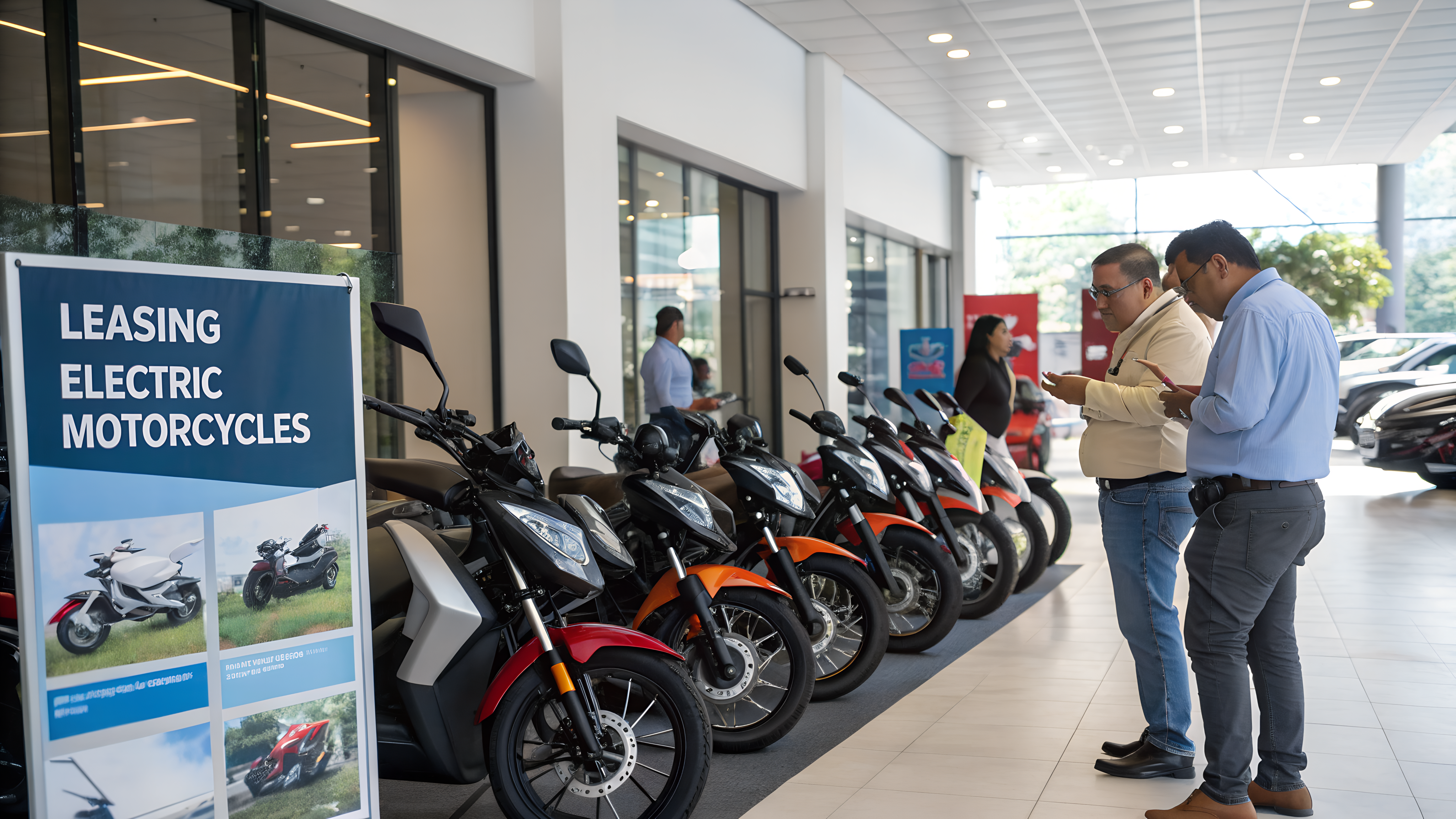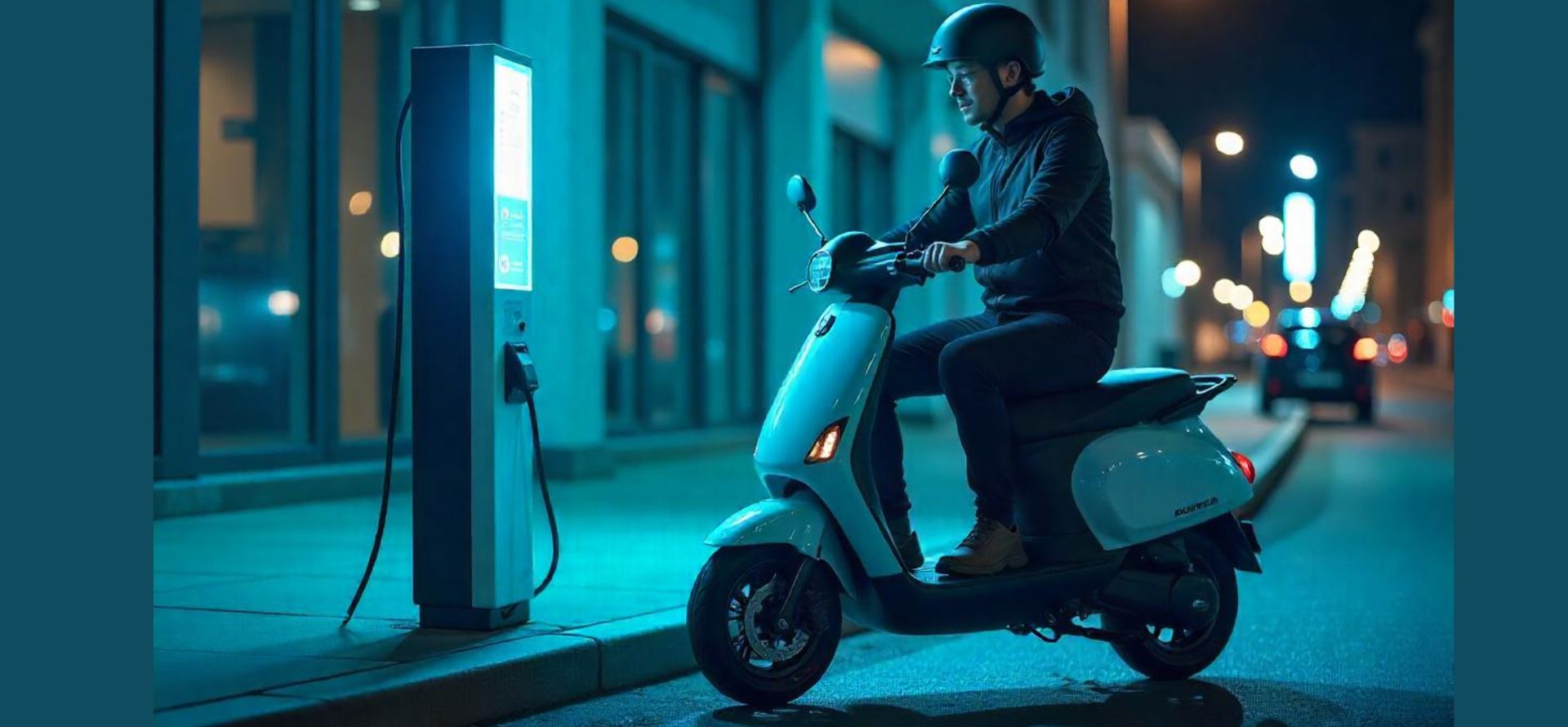Electric Bikes Are Revolutionizing Corporate Leasing

The rise of electric bikes has reshaped the transportation and mobility landscape. Among the many innovations within the EV sector, electric bikes leasing has emerged as a game-changer, offering a sustainable and cost-effective solution for businesses and individuals alike. With the growing emphasis on sustainability and reducing carbon footprints, Electric bike leasing is quickly becoming a preferred mode of transportation for corporate and personal use.
What is Electric bikes Leasing?
Electric bikes leasing is a financial arrangement where individuals or companies can use an EV for a fixed period in exchange for regular payments. Unlike outright purchase, leasing provides the flexibility to upgrade or switch vehicles at the end of the lease term. This model eliminates the high upfront costs associated with purchasing EVs and allows users to access advanced technologies without committing to long-term ownership.
While EV leasing is generally associated with cars, the market for smaller EVs like scooters and compact vehicles is rapidly expanding, offering a more accessible and eco-friendly alternative for shorter commutes and last-mile connectivity.
The Growing Demand for Electric Bikes
Electric Bikes are energy-efficient, eco-friendly, and increasingly affordable, making them ideal for urban commuting. Businesses and individuals are increasingly recognizing the benefits of EVs for their affordability, ease of use, and minimal environmental impact. EV leasing is particularly appealing as it aligns with the broader goals of reducing traffic congestion, improving air quality, and promoting green transportation solutions.
For businesses, leasing EVs can significantly enhance employee mobility while demonstrating a commitment to environmental sustainability. Companies can integrate EVs into their fleet for deliveries, employee transportation, or shared mobility programs, creating a practical and modern solution to transportation challenges.
Key Features of EV Leasing
Affordable Access: Leasing makes high-quality EVs accessible without the need for substantial upfront investments. Lease payments are typically spread over months or years, reducing financial burdens.
Flexibility: Leasing agreements often include options to upgrade, exchange, or purchase the vehicle at the end of the lease term, providing users with the freedom to adapt to changing needs.
Maintenance and Support: Many leasing plans include maintenance and repair services, ensuring the vehicle remains in optimal condition throughout the lease period. This eliminates the worry of unexpected repair costs.
Tax Benefits: Companies that lease EVs for business purposes can often benefit from tax deductions, further enhancing the financial viability of this model.
Sustainability: EV leasing supports eco-friendly practices by reducing the reliance on traditional fuel-powered vehicles, contributing to lower carbon emissions.
The Role of EV Leasing in Corporate Mobility
Corporate leasing of EVs has gained momentum as companies look for innovative ways to enhance employee productivity and sustainability. Here are some key advantages of integrating EVs into corporate leasing programs:
Employee Commutes: EVs are an excellent alternative for employees who face challenges with public transportation or personal vehicles. Leasing programs can offer employees a reliable and eco-friendly commuting option.
Last-Mile Connectivity: Businesses in urban areas can leverage EVs to address last-mile connectivity issues, ensuring seamless transportation from transit hubs to offices.
Delivery Services: For businesses engaged in deliveries, leased EVs provide a cost-effective and sustainable solution. Their compact size and ability to navigate traffic make them ideal for urban logistics.
Employee Wellness: Encouraging employees to use EVs can promote a healthier lifestyle while reducing stress associated with traffic congestion.
Starting an EV Leasing Business
An EV leasing business offers a lucrative opportunity to cater to the growing demand for sustainable mobility solutions.
Here’s a roadmap to developing a successful EV leasing business:
Market Research
Understand the target audience, including businesses, delivery companies, and individuals. Analyze competitors and identify unique selling points for your leasing services.
Sourcing EVs
Partner with reliable manufacturers or distributors to procure high-quality EVs with features like long battery life, robust frames, and advanced safety systems.
Lease Plans
Design flexible leasing plans that cater to different user needs. Include options for short-term and long-term leases, along with value-added services like maintenance and insurance.
Technology Integration
Develop a user-friendly platform or app to manage leasing services, including booking, payments, and customer support. Ensure seamless communication and service delivery.
Marketing and Outreach
Leverage digital marketing, social media, and partnerships with local businesses to promote your leasing services. Highlight the cost-effectiveness and environmental benefits of EVs.
Customer Support
Provide excellent post-lease support, including regular maintenance, quick repairs, and accessible customer service.
Conclusion
The EV leasing model represents a transformative shift in how individuals and businesses approach mobility. By making eco-friendly transportation accessible and affordable, leasing contributes to a cleaner and more sustainable future. Companies like BLive (https://blive.co.in/) are at the forefront of this revolution, offering innovative solutions for EV leasing that cater to diverse needs.
Whether you are an individual seeking a cost-effective commuting option or a business looking to enhance employee mobility while reducing your carbon footprint, EV leasing provides a practical and impactful solution. Embrace the future of transportation today by exploring the possibilities that EV leasing has to offer.






